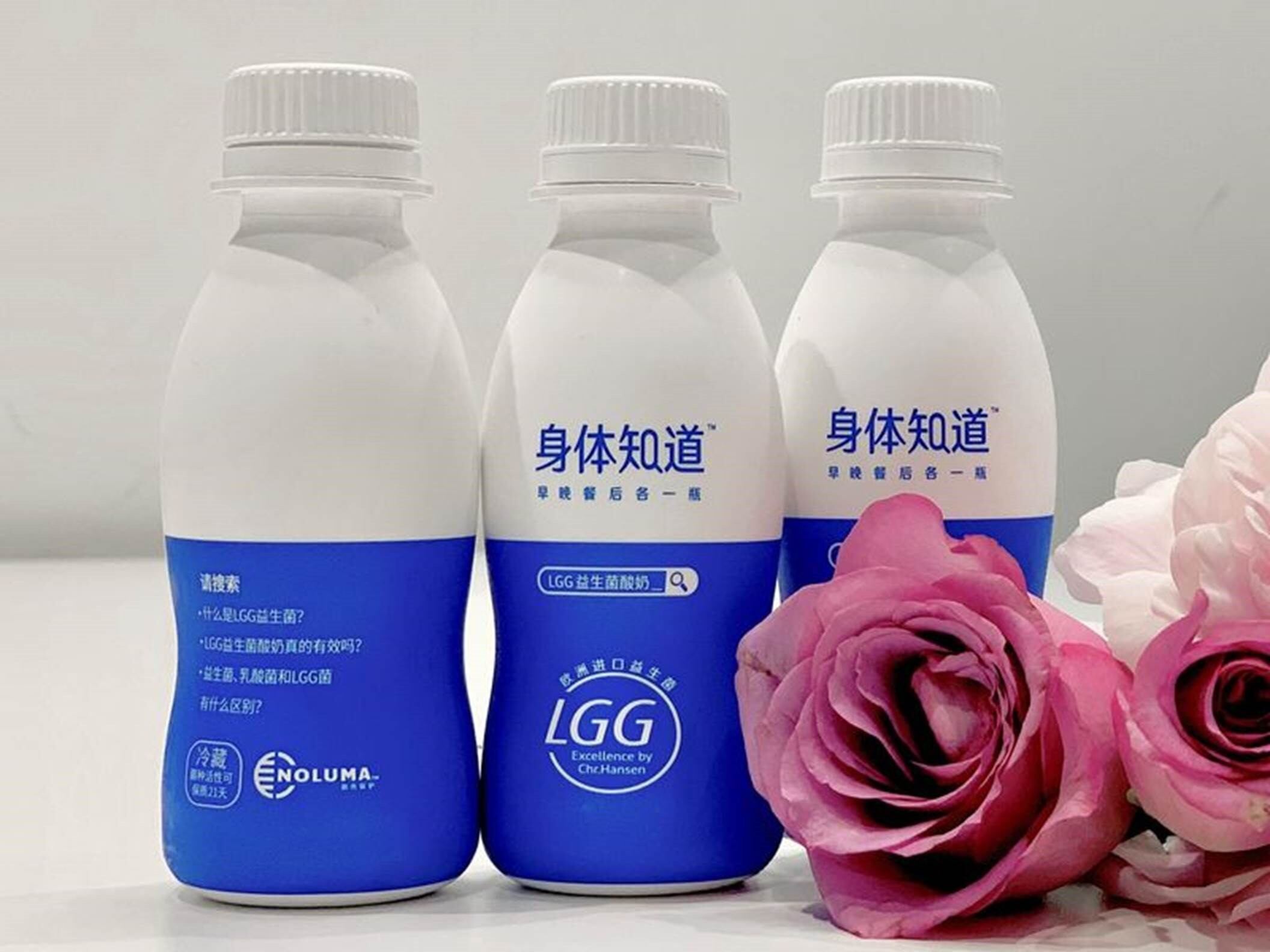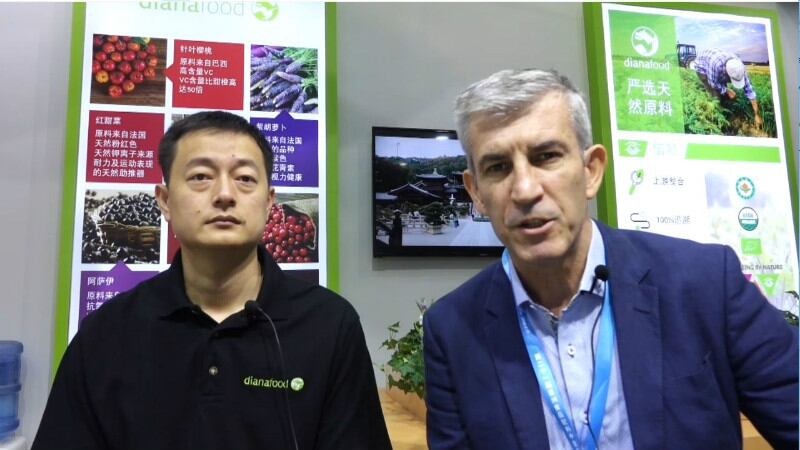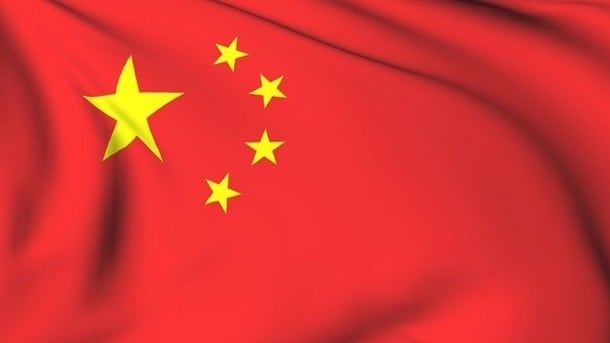Their yoghurt product, Body Knows, contains the probiotic Lactobacillus rhamnosus (LGG) which contribute to good digestive function, preventing constipation and bloating.
Light is known to degrade food and packaged goods, but new research have proved protective packaging can protect against taste and nutrient damage from all light sources.
The packaging of Body Knows is said to protect the nutrient and taste of the probiotic yoghurt, as well as extending the shelf life from 18 to 21 days.
Xia Haitong, founder of Honest Dairy said, "Honest strives to source the highest quality ingredients, minimise additives and provide overall healthier dairy options to consumers."
"Together with Noluma's light protected technology, we are now delivering the highest quality yogurt to Chinese consumers that promises freshness, nutritional qualities, and improved taste, along with all the benefits of LGG probiotics."
Degrading effects
Studies have showed that in as little as an hour, retail and other indoor lights such as fluorescents and LEDs could degrade vitamins and nutrients in milk, as well as its freshness, overall quality and taste.
In one study of milk exposed to LED or fluorescent light for 48 hours, consumers detected aromas of old oil and plastic, as well as a cardboard aftertaste.
Georgia Kollias, vice president of global brand development at Nolumna International said, “Apart from affecting taste, light also degrades important vitamins such as riboflavin, vitamins A and vitamin D.”
One study found that after two hours of exposure to light typically found in retail dairy cases, milk began to lose Vitamin A.
A similar study found less than half of the Vitamin A (49%) remained in non-fat milk in a typical plastic bottle, after 16 hours of dairy-case light exposure.
Research also found, after one hour of sunlight exposure, riboflavin levels in pasteurised whole milk dropped by 28%.
The technology
Nolumna said, “Many products can be negatively affected by sun or artificial lights, whether LED, retail lights or fluorescent sources.”
The company does not manufacture the packaging, rather its patented technology measure and assess the packaging's ability to protect contents within from light degradation.
They use a known marker ingredient, in the case of dairy, the marker is riboflavin, which becomes unstable when exposed to light, affecting milk quality.
It is exposed to intense light to replicate two weeks of exposure in just two hours, and riboflavin levels are measured to find out how much are damaged or absent, to reveal the extent to which the freshness and or quality have been degraded.
The company then assess the effectiveness of the packaging, and offer guidance on how to redesign packaging to adequately protect from light damage.
New light
Body Knows is sold in a six-pack of six bottles; each bottle is 110 ml. It is available on three e-commerce sites: Tmall, JD.com and Honest Dairy WeChat store, as well as 72 OLE supermarkets on mainland China.
Xia said: “Honest is setting a new benchmark for China's dairy industry by maximising the flavour, nutritional benefits and shelf life for both consumers and Honest's retailer partners.”
Kollias said it took 10 years to research the technology and for Noluma to patent it. They have since worked with several dairy companies in U.S. and UK in efforts to protect their milk products.
She added, “Safety is becoming increasingly important around the world, as well as nutritional standards and transparent food labelling.”
“Noluma feels this technology contributes to keeping our food safe and nutritious as well as tasty.”



